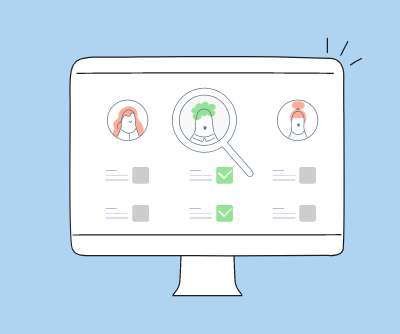Learning Design for Cognitive Accessibility
Scissortail's Learning Nest
SEPTEMBER 16, 2024
The Cognitive Accessibility Guidance identifies eight objectives to reduce barriers for people with cognitive, intellectual, and learning disabilities, as well as neurodivergent (or neurologically different) individuals. Cognitive Accessibility Guidance The Cognitive Accessibility Guidance is organized under eight objectives.




































Let's personalize your content